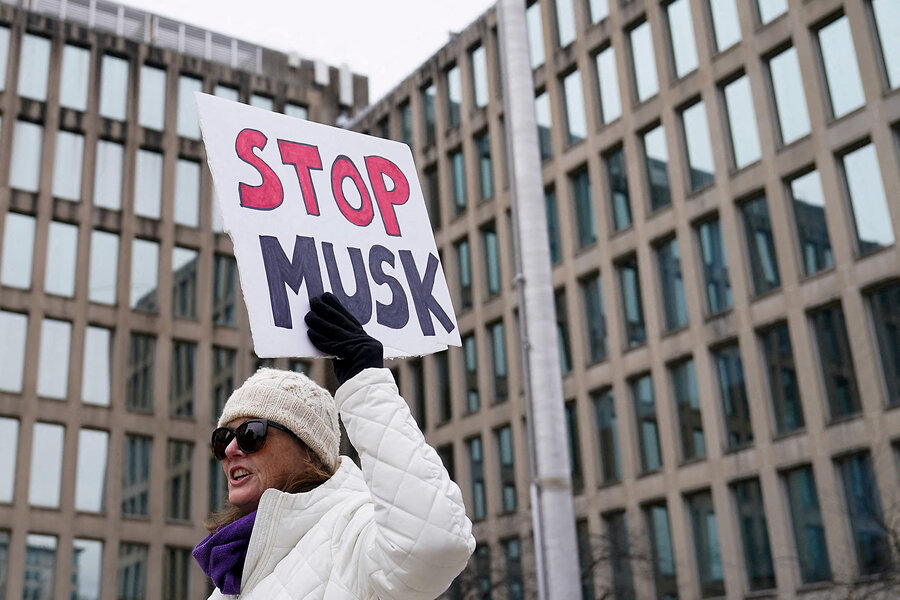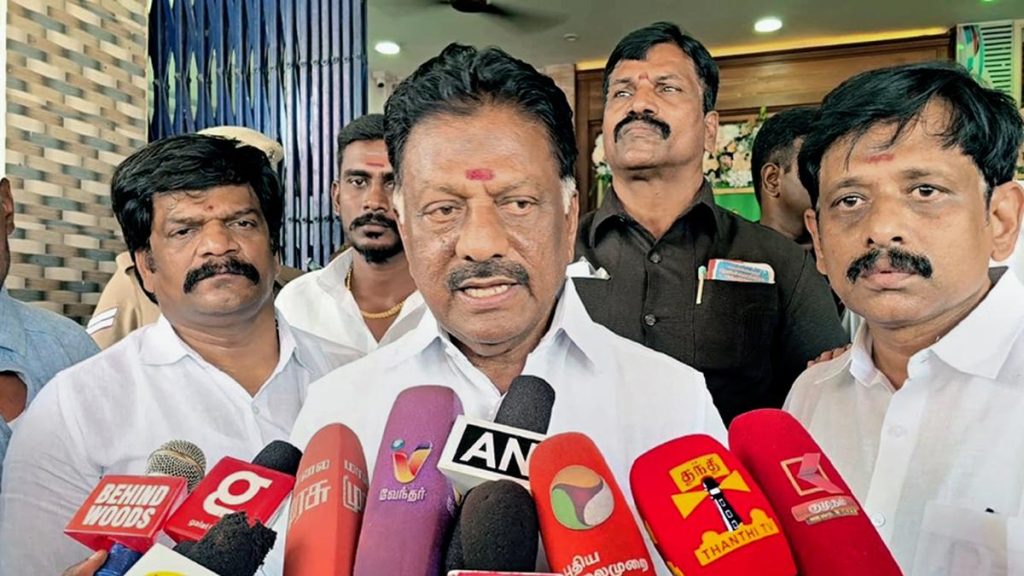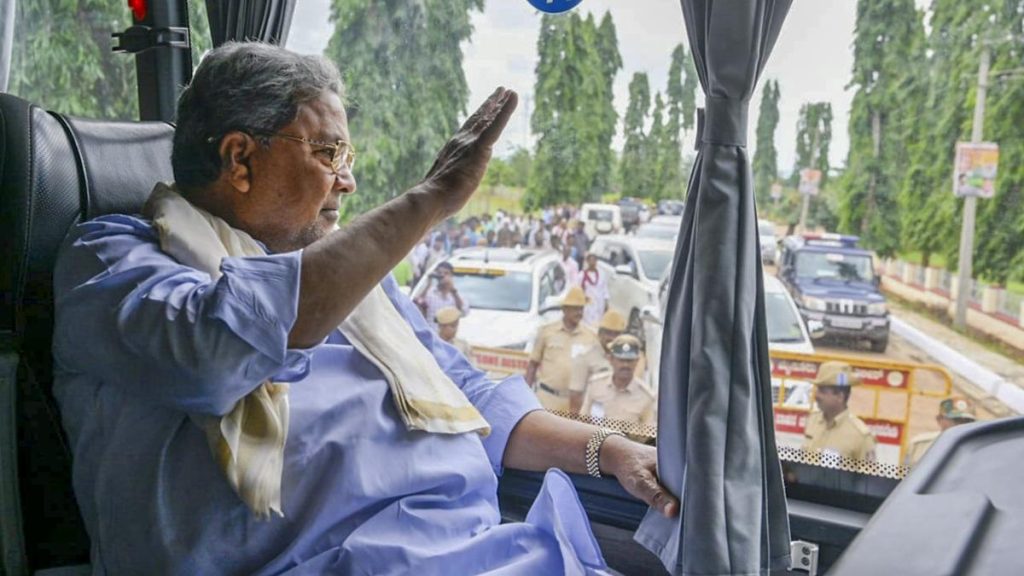Now Reading: Agencies Struggle with Staff Cuts, Push Back on DOGE Initiatives
-
01
Agencies Struggle with Staff Cuts, Push Back on DOGE Initiatives
Agencies Struggle with Staff Cuts, Push Back on DOGE Initiatives

Quick Summary
- The Inter-american Foundation (IAF) and other federal agencies have faced drastic downsizing under the Department of Government Efficiency (DOGE), led by Elon Musk during Donald Trump’s presidency.
- DOGE aims to make government smaller, claiming $165 billion in estimated savings but falling far short of Musk’s initial promise of $2 trillion. External analysts have flagged inaccuracies in these savings estimates.
- DOGE has fired thousands of federal employees,terminated over 8,500 contracts,and eliminated or hollowed out 11 agencies. Foreign aid spending and consumer protection services are significant targets.
- IAF personnel where reduced from 37 employees to one by executive order. Leadership was abruptly replaced with figures supportive of deep budget cuts like Pete Marocco.
- Public backlash has grown against some agency actions such as accessing Social Security data or halting consumer complaint processing at the CFPB. legal challenges have often paused further reductions by citing potential unlawful methods used by DOGE.
- Elon Musk plans to scale back his direct involvement with DOGE while republicans push Congress for deeper budget reductions inspired by its findings.
Indian Opinion Analysis
the rapid dismantling approach adopted under the Department of Government efficiency highlights two primary debates relevant beyond U.S. borders: efficiency versus institutional stability and executive power limits within bureaucratic reform processes. For India, observing legal clashes around such “streamlining” initiatives underscores how constitutional checks can safeguard against sweeping changes without substantive legislative support-a balance critical for robust governance in large democracies.
Furthermore, foreign aid disruptions resonate globally as these upheavals affect inter-governmental cooperation impacting sectors like development assistance-spaces where countries like India collaborate on shared objectives with donor nations like the U.S. India’s policies may benefit from measured attention toward ensuring that any reduction in foreign developmental programs abroad doesn’t indirectly hinder ongoing bilateral projects fostering grassroots-level impacts regionally reliant on strengthening ties forged diplomatically.Read More: Christian Science Monitor
























